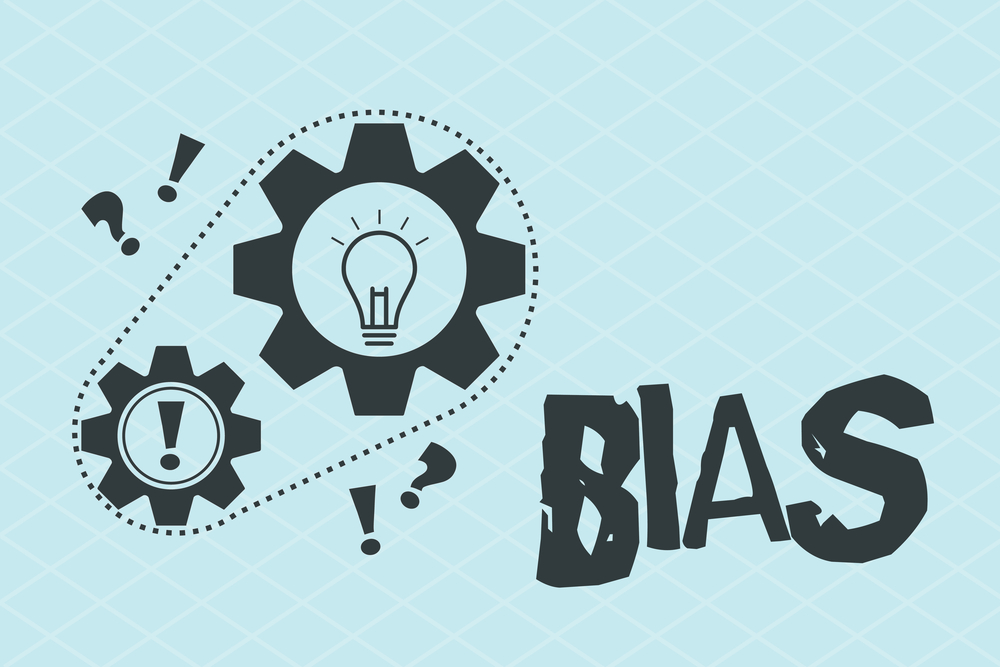In our ongoing journey towards creating more inclusive workplaces and societies, one significant barrier that often hinders progress is unconscious bias. Today, we will delve into the crucial topic of addressing unconscious bias in disability inclusion efforts. By understanding and tackling these biases, we can foster a more equitable and supportive environment for individuals with disabilities. Let’s explore this important subject together!
Unconscious Bias: What is it and Why does it matter?
Unconscious biases are deeply ingrained attitudes and stereotypes that influence our perceptions and decisions without our conscious awareness. They are shaped by societal norms, media portrayals, and personal experiences. While unconscious biases can be unintentional, they can have a profound impact on how we interact with others and make judgments about their capabilities.
In the context of disability inclusion, unconscious biases may lead to assumptions about a person’s abilities, productivity, or potential based on their disability. These biases can manifest in hiring decisions, workplace accommodations, or even everyday interactions. By acknowledging and addressing unconscious biases, we can break down barriers and create a more inclusive society for everyone.
Recognizing Unconscious Bias
Recognizing unconscious bias requires self-reflection and a willingness to challenge our own assumptions. Here are some common forms of bias to be mindful of:
1.Confirmation Bias: A tendency to favor information that confirms preexisting beliefs, even if they are incorrect or biased.
2.Halo Effect: Forming an overall positive impression of someone based on a single positive characteristic or achievement.
3.Stereotyping: Applying generalized beliefs or assumptions to individuals based on their disability or characteristics.
4.Attribution Bias: Attributing someone’s behavior to their disability rather than considering other factors.
5.Microaggressions: Engaging in subtle, indirect, or unintentional discriminatory actions or comments.
Strategies for Addressing Unconscious Bias
1. Education and Awareness: To combat unconscious bias, it’s essential to raise awareness and educate employees about its existence and implications. Training programs, workshops, and discussions can help individuals recognize their biases and encourage them to adopt a more inclusive mindset.
2. Inclusive Language: The language we use matters. Encourage the use of respectful and inclusive terminology when discussing disabilities. Simple adjustments to vocabulary can help create a more welcoming environment for everyone.
3. Diverse Representation: Incorporating diverse perspectives, including individuals with disabilities, in decision-making processes, committees, and leadership roles can challenge biases and lead to more inclusive outcomes.
4. Accommodation Support: Provide clear guidelines for requesting and implementing accommodations, ensuring that employees with disabilities have equal access to opportunities and resources.
5. Feedback and Accountability: Establish a feedback mechanism where employees feel comfortable reporting bias incidents. Hold individuals accountable for their actions and continuously assess progress towards reducing bias.
Embracing Diversity and Breaking Barriers
Addressing unconscious bias in disability inclusion efforts is a crucial step towards building a more inclusive and accepting society. By fostering an environment where all individuals are valued for their unique abilities and contributions, we can break down barriers and unlock the full potential of our diverse workforce. Let’s work together to embrace diversity, challenge biases, and build a more inclusive future where everyone can thrive!
Thank you for reading and engaging with this article! Your commitment to promoting inclusion and diversity helps drive positive change in our workplaces and communities.
If you have any questions or would like to share your experiences with disability inclusion, please feel free to plan some time with me at BookTrish.com

